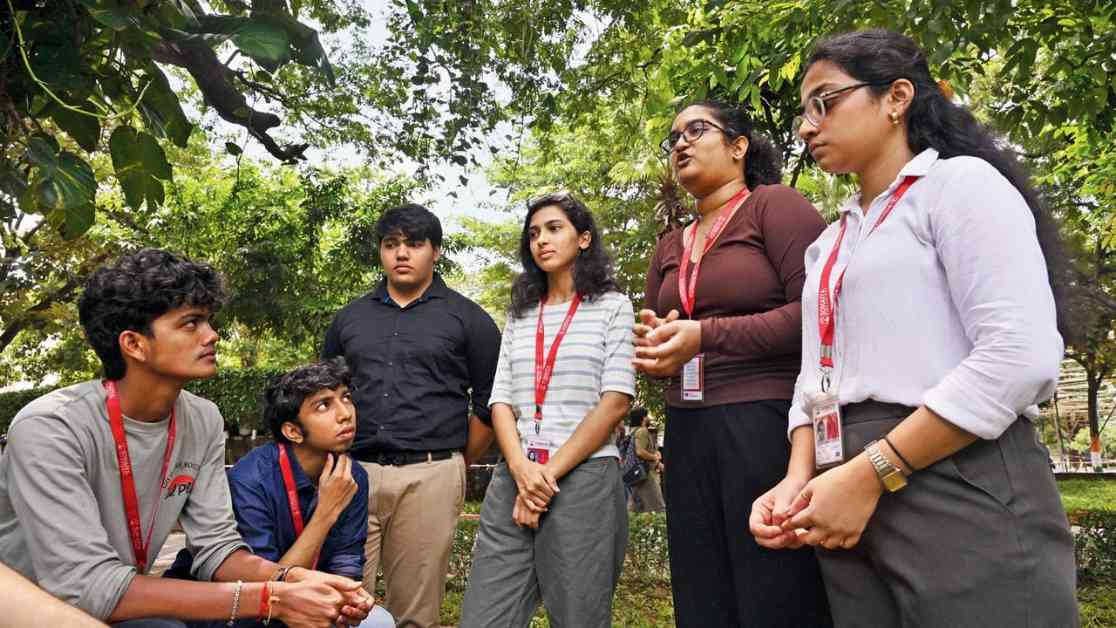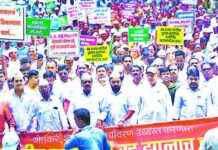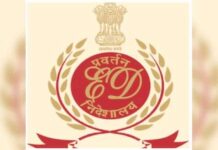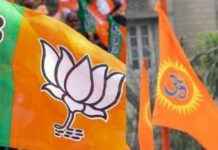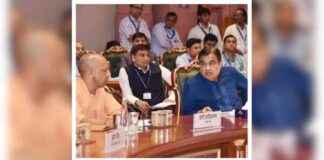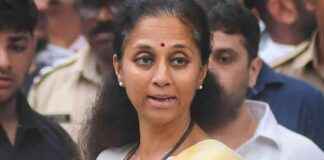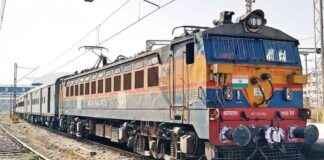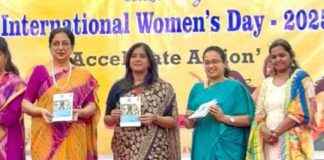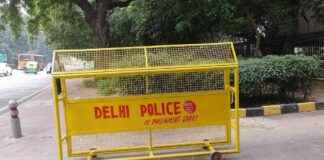Challenges Faced by Engineering Students in Maharashtra
Maharashtra is currently experiencing a decline in the popularity of engineering courses, marking a five-year low in the field. With over 1,100 engineering colleges in the state and an annual production of approximately 2,500-3,000 IITians, the trend of declining interest in engineering is evident. This year, nearly one-third of engineering seats in Maharashtra remain vacant, with only 1,12,981 students confirming admissions out of the total 1,64,336 available seats. The vacancy rate has increased to 31 per cent from 25.82 per cent the previous year, with Chhatrapati Sambhaji Nagar and Mumbai reporting the highest vacancy rates at 42.2 per cent and 36.64 per cent, respectively.
Reasons for this decline in engineering admissions could vary. Data indicates that out of the 15 lakh engineers graduating in India annually, only 2.5 lakh find employment in the engineering sector, pushing the rest to explore non-technical fields. Dhaval Shah, the founder of Mumbai-based career counselling firm Holistree, notes that the shift away from engineering has been observed over the past decade but has become more pronounced recently. He attributes this change to the evolving school education system, which now emphasizes holistic development and encourages students to explore diverse career paths beyond traditional engineering and medical science.
Additionally, advancements in artificial intelligence and technology have transformed the job market, demanding highly specialized skill sets from candidates. Aarya Thota, a first-year engineering student at Somaiya Vidyavihar University, highlights how AI has raised the bar for engineering students, necessitating a broader skill set and experience. The flexibility in curriculum and the opportunity to pursue minor courses in various subjects have also influenced students’ career choices, allowing them to diversify their skills beyond the confines of a single course.
While school education has adapted post the implementation of the National Education Policy, 2020, engineering curriculums have lagged behind, relying on outdated methods and a shortage of quality professors. This discrepancy, coupled with a growing preference for experiential and project-driven learning among students, has led many to reconsider engineering as a career choice. The changing work culture, characterized by a desire for flexibility and a hybrid work environment, has also influenced career decisions among the younger generation, who prioritize work-life balance and personal fulfillment.
Engineering dropout Meet Nanavaty shares his experience, citing the lack of job prospects and the allure of social media management as reasons for leaving the field. The shift towards acquiring skills over degrees, accelerated by the pandemic and the availability of online learning opportunities, has become a prevailing trend among students. Keshav Kishore Singh, an alumnus of IIT BHU and Dean of Student Affairs at Spectrum, emphasizes the importance of skill acquisition and informed decision-making among students, especially those from affluent backgrounds.
In conclusion, the challenges faced by engineering students in Maharashtra reflect broader societal shifts towards skill-based learning, flexible work environments, and diverse career paths. As technology continues to shape the job market and education landscape, students are redefining success and prioritizing personal growth and fulfillment in their career choices. This evolution underscores the need for educational institutions and policymakers to adapt to the changing needs and aspirations of the younger generation.
